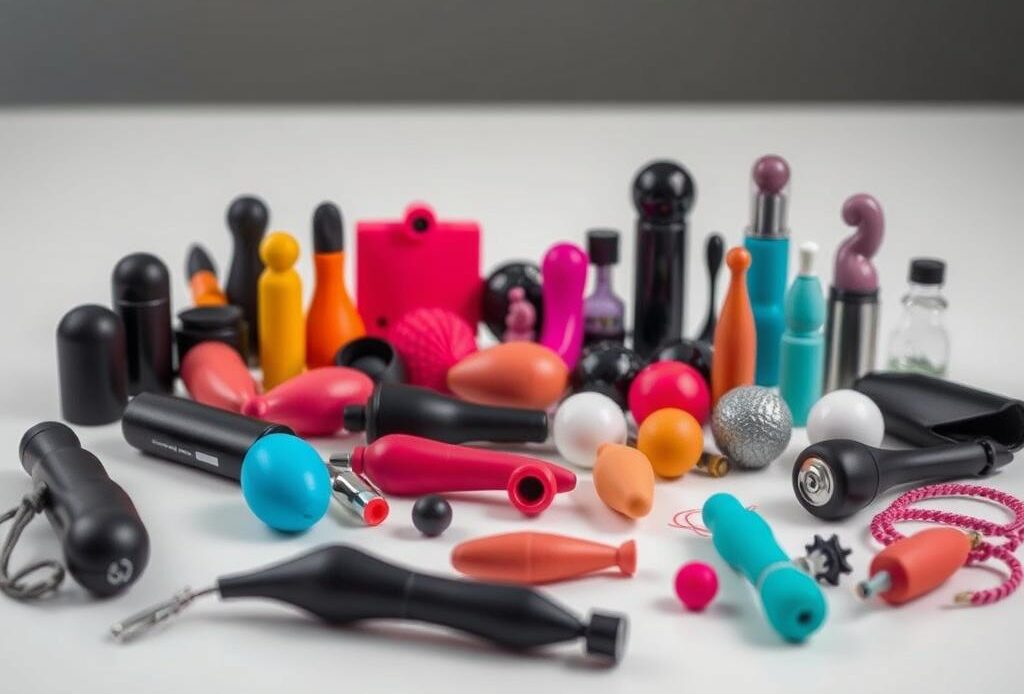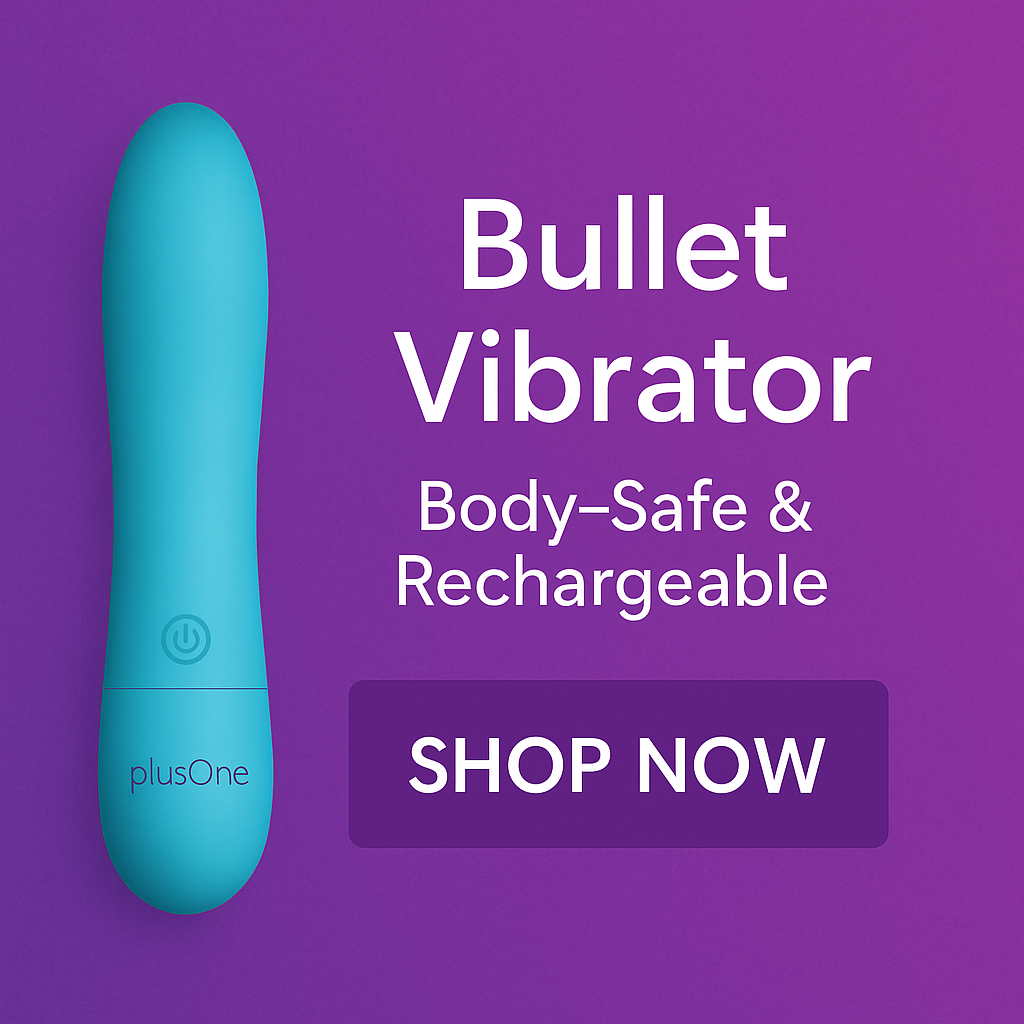
Online shopping offers convenience, but it also opens the door to imitation products. When it comes to personal wellness items, quality matters. We’ve seen a surge in knockoff items that compromise safety and performance. That’s why trusted retailers like Lion’s Den prioritize rigorous testing and clear certifications.
Many imitations use low-grade materials that can cause irritation or even health risks. Authentic products, however, meet strict standards for body-safe components. Packaging details, like misspelled brand names or flimsy boxes, often reveal a counterfeit. Price tags that seem too good to be true usually are.
This guide walks you through subtle differences between genuine and imitation items. We’ll share science-backed tips to help you make informed choices. From material checks to verifying seller reputations, our goal is your confidence and safety.
Key Takeaways
- Counterfeit products often lack safety certifications and use harmful materials.
- Trusted retailers like Lion’s Den ensure quality and customer satisfaction.
- Packaging flaws and unusually low prices are red flags for imitations.
- Body-safe materials are non-negotiable for personal wellness items.
- Research and verification protect against low-quality purchases.
Understanding the Counterfeit Sex Toy Market
With a click, consumers access endless options, yet not all items in their cart meet safety standards. Third-party sellers on major platforms often bypass quality checks, creating loopholes for imitation goods. Research shows 1 in 5 shoppers accidentally purchases knockoffs when lured by steep discounts.
How Online Growth Fuels Risks
The e-commerce boom lets counterfeiters mimic legitimate stores with convincing detail. One customer shared, “I received a product that looked identical online but felt chemically different.” Unusually low prices—think 70% below retail—often signal compromised materials or stolen designs.
Safety and Satisfaction Consequences
Substandard items frequently contain porous plastics that harbor bacteria. Unlike certified products, these imitations lack safety testing. A 2023 consumer report found 63% of unauthorized purchases led to skin irritation or malfunction within weeks.
Platforms like Amazon host both genuine and counterfeit sellers, making vendor research essential. Always check seller histories and return policies—reputable brands stand behind their products. By learning these market dynamics, you protect both your wallet and well-being.
Evaluating Price, Packaging, and Materials
When investing in personal wellness products, attention to detail separates genuine items from risky imitations. Three critical factors—price, packaging, and material composition—reveal whether you’re getting a premium product or a potential hazard. Let’s break down what to look for.
Analyzing Price Discrepancies as Warning Signals
Authentic products rarely drop below 30% of their standard retail price. If a deal seems extreme—like 70% off—proceed with caution. One customer noted, “I thought I scored a bargain, but the item arrived with no safety seals.” Compare prices across trusted sellers to spot unusual gaps.
Inspecting Packaging, Logos, and Authenticity Codes
Legitimate brands use crisp printing and precise logos. Misspelled words or blurry images on boxes are red flags. Look for holographic stickers or QR codes that link to verification pages. Reputable companies often include detailed instruction booklets, not just loose leaflets.
Examining Material Quality and Safety Features
Medical-grade silicone should feel smooth and odorless. Rub the surface lightly—if it leaves a powdery residue or smells chemical, it’s likely unsafe. Imitations often use porous plastics that trap bacteria. Always check for certifications like phthalate-free or body-safe labels before purchasing.
Trust your senses. High-quality materials maintain their shape and texture over time. When in doubt, contact the manufacturer directly. Your safety isn’t worth compromising for a questionable discount.
Spotting Fake Sex Toys: Warning Signs and Authenticity Checks
Authenticity isn’t just a label—it’s a safeguard for your health and satisfaction. With counterfeiters improving their tactics, even savvy shoppers need clear verification strategies. Let’s explore how modern security features and trusted certifications help you separate genuine items from clever imitations.
Decoding Security Features Step by Step
Start by locating the authenticity code—usually found under packaging seals or on product tags. Legitimate brands embed unique serial numbers that work only once on their verification portals. One customer shared, “Scanning the QR code took me to the official site, which confirmed my purchase was real.”
Follow these steps for confidence:
- Scan QR codes using your phone’s camera (no third-party apps)
- Check verification pages for typos or generic domains
- Compare holographic stickers with brand examples online
The Language of Trust: Certifications Explained
Genuine products display marks like CE (European safety compliance) or UL (U.S. electrical safety). These symbols indicate rigorous testing for materials and performance. For example, authentic Magic Wand models have precise UL certification numbers etched into their bases—counterfeits often use blurry stickers.
Here’s a quick comparison for popular items:
| Feature | Authentic Magic Wand | Counterfeit |
|---|---|---|
| Power Cord | Thick, braided | Thin, rubber-coated |
| Base Engraving | Crisp UL logo | Faded or missing |
| Noise Level | Quiet hum | Loud grinding |
Even experts occasionally miss high-quality fakes. That’s why we recommend buying from reputable retailers who partner directly with manufacturers. Trusted sellers provide purchase guarantees and detailed material disclosures—your best defense against imitations.
Recognizing Material and Safety Concerns
Your health deserves more than guesswork when choosing wellness products. Quality materials and verified safety standards make all the difference between a safe experience and potential risks. Let’s explore how to identify trustworthy components and certifications that protect users.

Identifying Body-Safe Materials Versus Toxins
Premium items use non-porous, hypoallergenic silicone that feels smooth and odor-free. In contrast, imitations often contain PVC or jelly rubber—materials linked to chemical odors and bacterial growth. One customer reported, “The knockoff I bought left a sticky residue after just one use.”
Here’s a quick comparison of common materials:
| Material Type | Safety Features | Common Uses |
|---|---|---|
| Medical Silicone | Non-porous, phthalate-free | High-end products |
| PVC Plastic | Porous, may contain toxins | Cheap imitations |
| ABS Plastic | Rigid, body-safe | External components |
Understanding the Role of CE and UL Certifications
Legitimate manufacturers display CE marks (EU safety compliance) or UL listings (U.S. electrical testing). These symbols confirm rigorous checks for material safety and performance. Reputable sellers provide certification numbers you can verify online.
Always check packaging for:
- Embossed or holographic safety seals
- Detailed material composition lists
- Batch numbers matching manufacturer records
Trusted retailers like Lion’s Den partner directly with brands to ensure authentic certifications. Their product guides help you cross-reference safety information before purchasing. When manufacturers and sellers prioritize transparency, everyone benefits.
The Role of Trusted Retailers and Reviews
Building trust starts with partnerships. Reputable retailers collaborate directly with manufacturers to ensure every product meets strict industry standards. This alliance protects your safety while delivering genuine quality.
Buying from Authorized Resellers
Authorized sellers receive shipments straight from brand warehouses. Their product boxes display the manufacturer name and unique serial numbers for traceability. One customer shared, “Seeing the verification number match the brand’s website gave me instant peace of mind.”
Trusted retailers also enforce strict hygiene policies. Unlike questionable vendors, they never resell returned items unless fully sanitized and resealed. Look for clear “no returns” disclaimers on body care products—this protects everyone.
Leveraging Verified Customer Reviews and Warranties
Genuine feedback highlights real experiences. Focus on reviews mentioning:
- Consistent product performance over months
- Responsive customer service teams
- Seamless warranty claims
Warranties matter. Brands like Lion’s Den offer 1-year coverage on electronics, proving their confidence in quality. Always check if support numbers connect directly to the company—third-party contacts often signal scams.
Well-designed packaging speaks volumes. Authentic items arrive in branded boxes with crisp logos and material lists. If the box feels flimsy or lacks safety seals, contact the retailer immediately. Your body deserves nothing less than verified excellence.
Avoiding Common Sex Toy Scams
Smart shoppers know the difference between genuine deals and risky shortcuts. With scammers constantly evolving their tactics, awareness is your best defense. Let’s explore practical ways to verify authenticity while protecting your investment.

Guarding Against Used or Returned Products
Always check a seller’s return policy. Reputable retailers clearly state if items are resealed or sanitized. One customer warned, “I received a ‘new’ product with scratched packaging—no safety seal in sight.” Look for:
- Intact plastic wrapping or tamper-proof stickers
- No visible wear on charging ports or surfaces
- Original manuals included, not photocopies
Spotting Fake Safety Certifications and Testing Labels
Genuine certifications have precise details. Compare labels to official brand websites—phony ones often blur when enlarged. For example, authentic CE marks include a four-digit identification number. Counterfeits might display the symbol without this code.
Evaluating Warranty Information and Manufacturer Support
Legitimate warranties cover at least one year and list direct contact methods. Scammers often provide generic email addresses or fake toll-free numbers. Before buying, ask:
- Does the warranty match the manufacturer’s website terms?
- Can you register the product online for coverage?
- Is customer support responsive during business hours?
Trusted sellers like Lion’s Den streamline this process by partnering directly with brands. Their team verifies every warranty and certification, giving customers peace of mind. Remember—if a sale seems rushed or vague about support, walk away. Your safety deserves thorough verification.
Conclusion
Your choices in personal wellness products deserve confidence and clarity. We’ve outlined crucial steps to verify quality—from checking certifications like CE marks to scrutinizing materials. Trusted websites with verified reviews and clear return policies remain your safest bet.
Take time to inspect packaging details. Look for misspelled brand names or flimsy plastic seals. Genuine items use medical-grade silicone, not porous alternatives that risk your health. Comparing prices across reputable sites helps avoid suspiciously low offers.
Investing in authentic products means prioritizing safety over short-term savings. Bookmark official brand websites for material guides and seller lists. These tips empower you to make informed decisions without second-guessing.
Remember: a few extra minutes spent researching now can prevent disappointment later. Avoid items with chemical odors or unclear origin details. Your well-being is worth the time and care.
Ready to shop wisely? Use these tips on trusted platforms that prioritize transparency. Your journey toward safer, higher-quality choices starts today.
FAQ
Why are counterfeit adult products more common online?
Online shopping’s anonymity and global reach make it easier for dishonest sellers to market imitation items. We recommend sticking to authorized retailers with verified customer feedback to reduce risks.
How can pricing help identify suspicious items?
Unrealistically low prices often signal poor-quality or counterfeit goods. Authentic brands invest in body-safe materials like medical-grade silicone, so prices reflect that commitment. Always compare costs across trusted sites.
What packaging details should I check?
Look for brand logos, holographic seals, and QR codes that link to verification pages. Missing or blurry labels, spelling errors, or flimsy boxes are red flags. Reputable companies prioritize secure, discreet packaging.
How do certifications like CE or UL ensure safety?
These marks confirm compliance with health and electrical safety standards. For example, CE certification indicates a product meets EU regulations. Always cross-check certification numbers on the manufacturer’s official website.
Why are materials like silicone preferred?
High-grade silicone is non-porous, hypoallergenic, and easy to clean. Counterfeit items often use cheap plastics or rubber containing harmful phthalates. We suggest testing textures—authentic silicone feels smooth and slightly flexible.
How do trusted retailers protect buyers?
Authorized sellers partner directly with brands, offer warranties, and provide customer support. They also share verified purchase reviews to help you gauge quality. Avoid third-party marketplaces with vague return policies.
Can warranties help spot scams?
Yes! Legitimate manufacturers stand by their products with 1–2 year warranties. If a seller avoids sharing warranty details or offers no support, it’s likely counterfeit. Always confirm coverage before purchasing.

